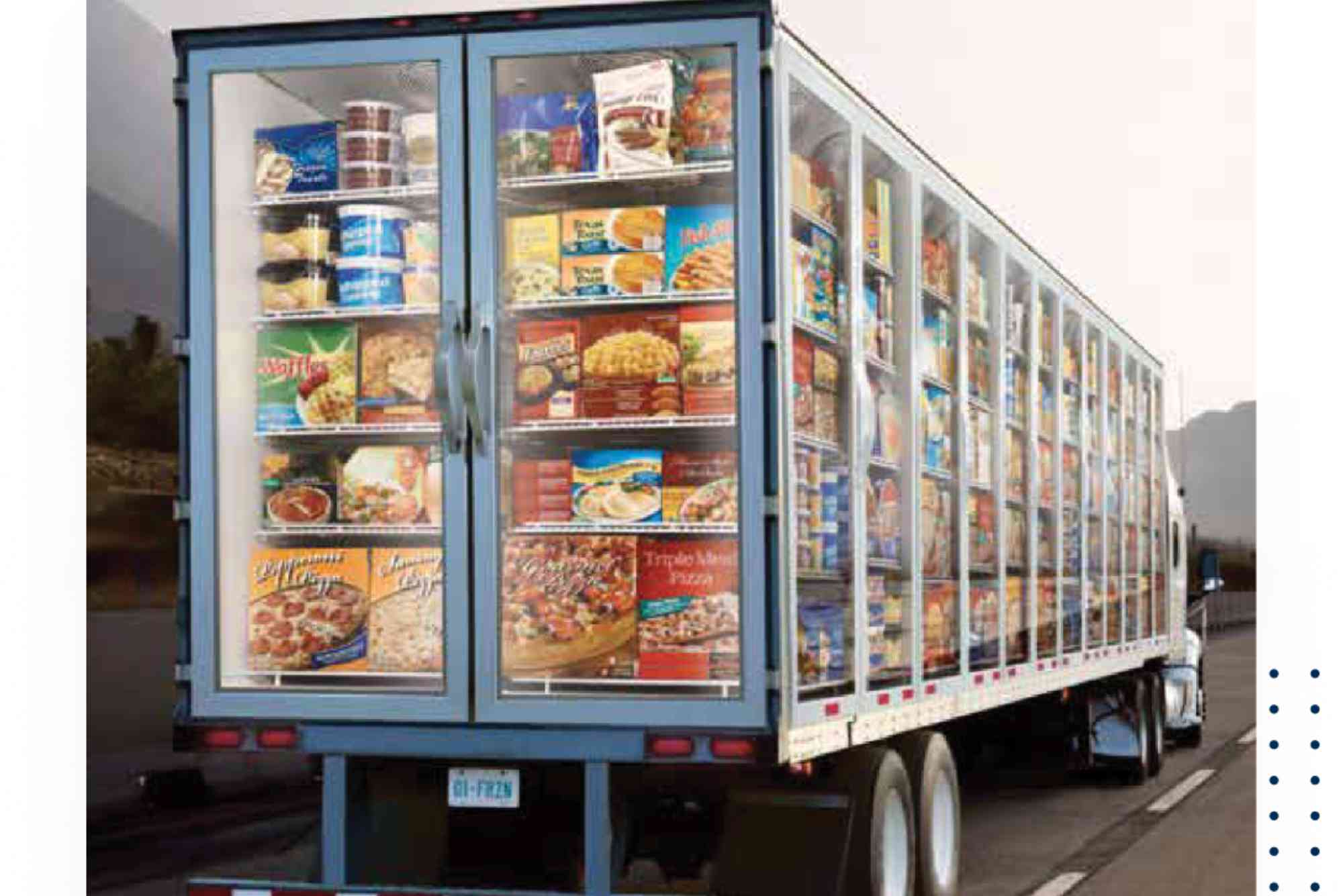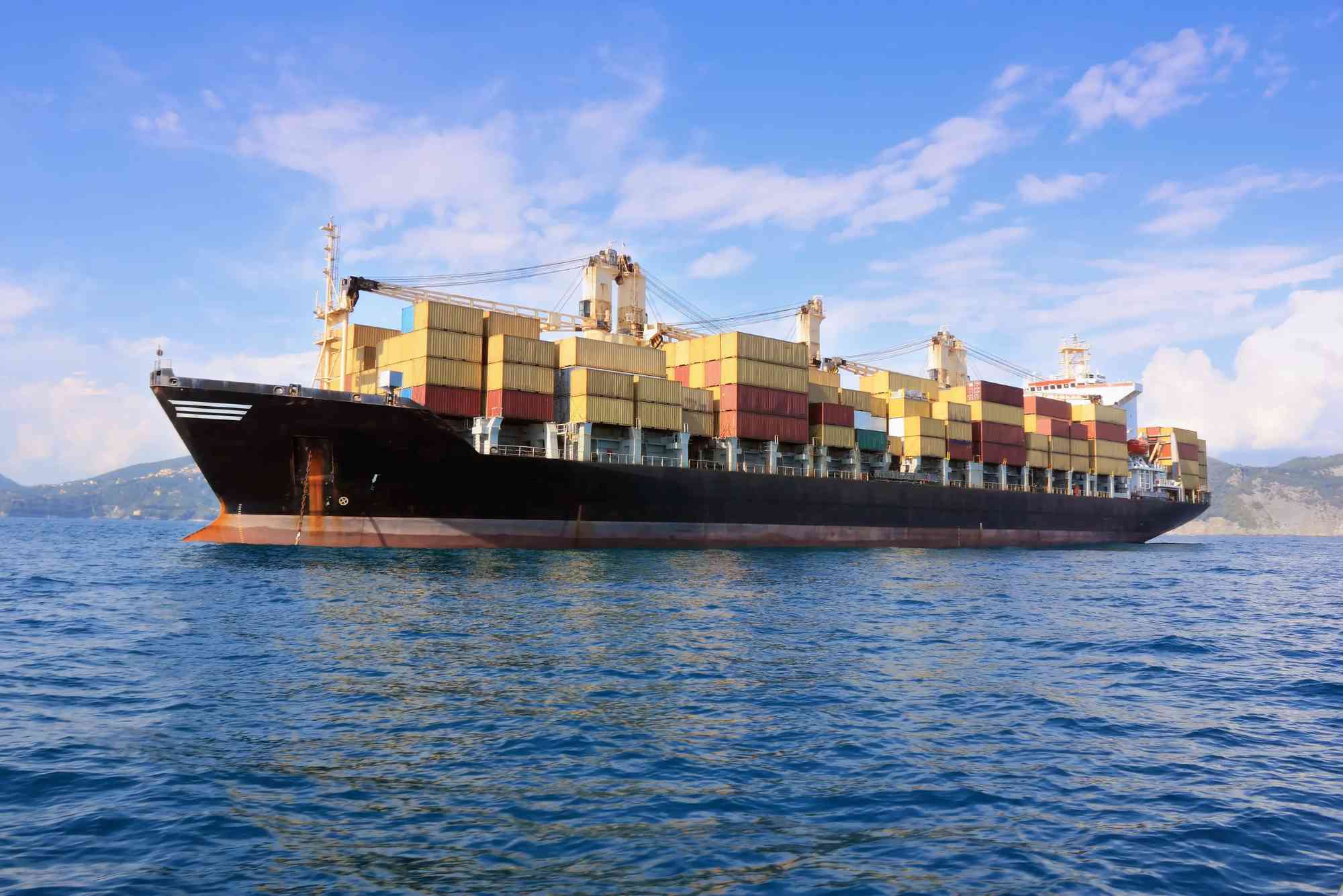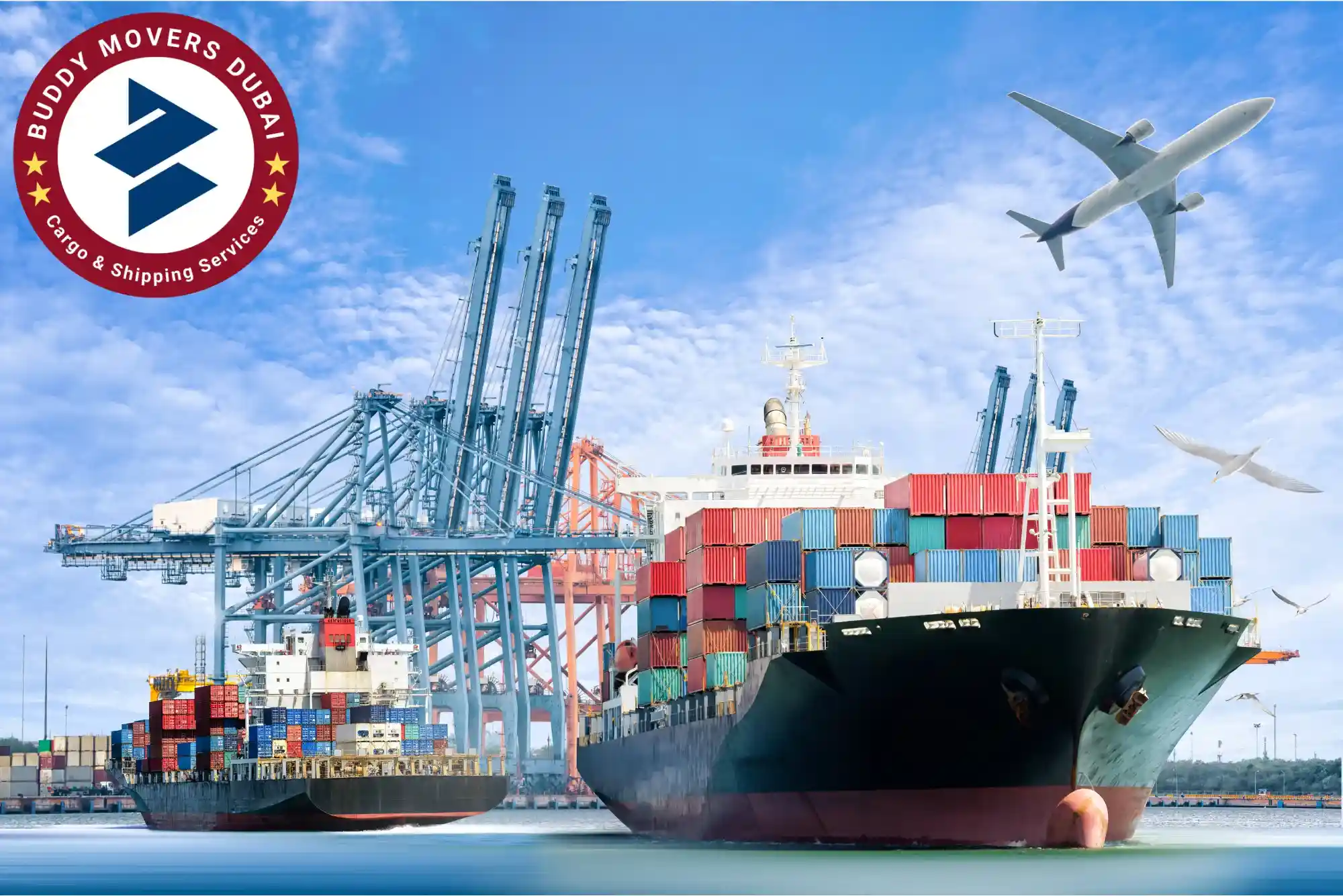Understanding Temperature-Controlled Cargo
Dubai, a major hub for global trade, exports a significant volume of perishable food products, including dairy, seafood, meat, and fruits. Temperature-controlled cargo ensures these items remain fresh, safe, and meet stringent international standards. Without proper temperature regulation, perishable goods risk spoilage, leading to financial losses and reputational damage for exporters.
Food products require precise temperature settings during transit to prevent bacterial growth and maintain quality. Refrigerated containers (reefers) are equipped with advanced technology that monitors and adjusts temperatures in real-time. These systems are crucial for compliance with food safety regulations and meeting consumer expectations.
Importance of Temperature-Controlled Logistics in Dubai
Dubai’s climate poses a significant challenge for food exports. With summer temperatures soaring above 45°C, maintaining a stable temperature throughout transit is essential. Advanced cooling systems prevent temperature fluctuations that could lead to food degradation. Additionally, stringent regulations by the Dubai Municipality and international bodies necessitate the use of temperature-controlled logistics.
Using temperature-controlled cargo services in Dubai ensures that food products reach their destinations in optimal condition. Companies employing high-quality refrigerated transport solutions minimize waste, enhance shelf life, and comply with global food safety standards.
Benefits of Temperature-Controlled Cargo for Food Exports
- Maintains Freshness & Quality: Refrigerated cargo prevents spoilage and ensures food retains its nutritional value.
- Ensures Compliance: Many countries have strict import regulations; temperature-controlled logistics help meet these requirements.
- Reduces Waste & Losses: Proper temperature management minimizes food wastage and financial losses.
- Enhances Consumer Trust: Fresh and high-quality products increase brand reputation and consumer satisfaction.
- Expands Market Reach: Businesses can confidently export perishable goods worldwide without fear of spoilage.
Step-by-Step Guide for Effective Temperature-Controlled Food Exports
Selecting the Right Packaging
Proper insulation and packaging play a crucial role in maintaining consistent temperatures. Insulated containers, dry ice, and gel packs help sustain optimal conditions for perishable goods.
Choosing Reliable Cargo Services
Partnering with a reputable logistics provider, such as Cargo services Dubai, ensures high-quality refrigerated transport and compliance with international regulations.
Monitoring and Tracking Systems
Modern reefers are equipped with real-time temperature monitoring, GPS tracking, and automated alerts to prevent temperature deviations and ensure smooth transit.

Compliance with Regulations
Familiarizing yourself with Dubai’s export regulations and international food safety guidelines helps avoid delays and penalties. Adhering to HACCP (Hazard Analysis Critical Control Point) standards is essential for food exports.
Efficient Loading & Unloading
Minimizing exposure to external temperatures during loading and unloading is critical. Ensuring swift, controlled handling prevents temperature spikes that can compromise food quality.
Why Choose Buddy Movers for Temperature-Controlled Cargo?
Buddy Movers Cargo and Shipping provides cutting-edge refrigerated transport solutions tailored to Dubai’s export needs. With state-of-the-art technology and a reliable logistics network, they ensure safe, efficient, and compliant food shipments worldwide. Their expertise in handling temperature-sensitive goods makes them a trusted choice for exporters in Dubai.
FAQs
What foods require temperature-controlled cargo?
Dairy products, seafood, meat, fruits, vegetables, and pharmaceuticals require temperature regulation to prevent spoilage and ensure compliance with safety standards.
How does temperature-controlled cargo benefit exporters?
It maintains product quality, prevents financial losses due to spoilage, ensures regulatory compliance, and enhances brand reputation.
What is the ideal temperature for transporting perishable foods?
It depends on the product. Frozen goods require -18°C, while fresh produce may need 0°C to 5°C for optimal preservation.
How can I track my shipment?
Most modern temperature-controlled cargo services offer GPS tracking and real-time temperature monitoring for transparency and security.
Where is Buddy Movers located?
You can find their location here: Buddy Movers Location.
Ensuring temperature-controlled cargo for food exports in Dubai is crucial for maintaining quality, meeting regulatory requirements, and enhancing global trade. By utilizing advanced logistics solutions and reliable service providers like Buddy Movers, businesses can achieve seamless, efficient, and profitable exports.


















